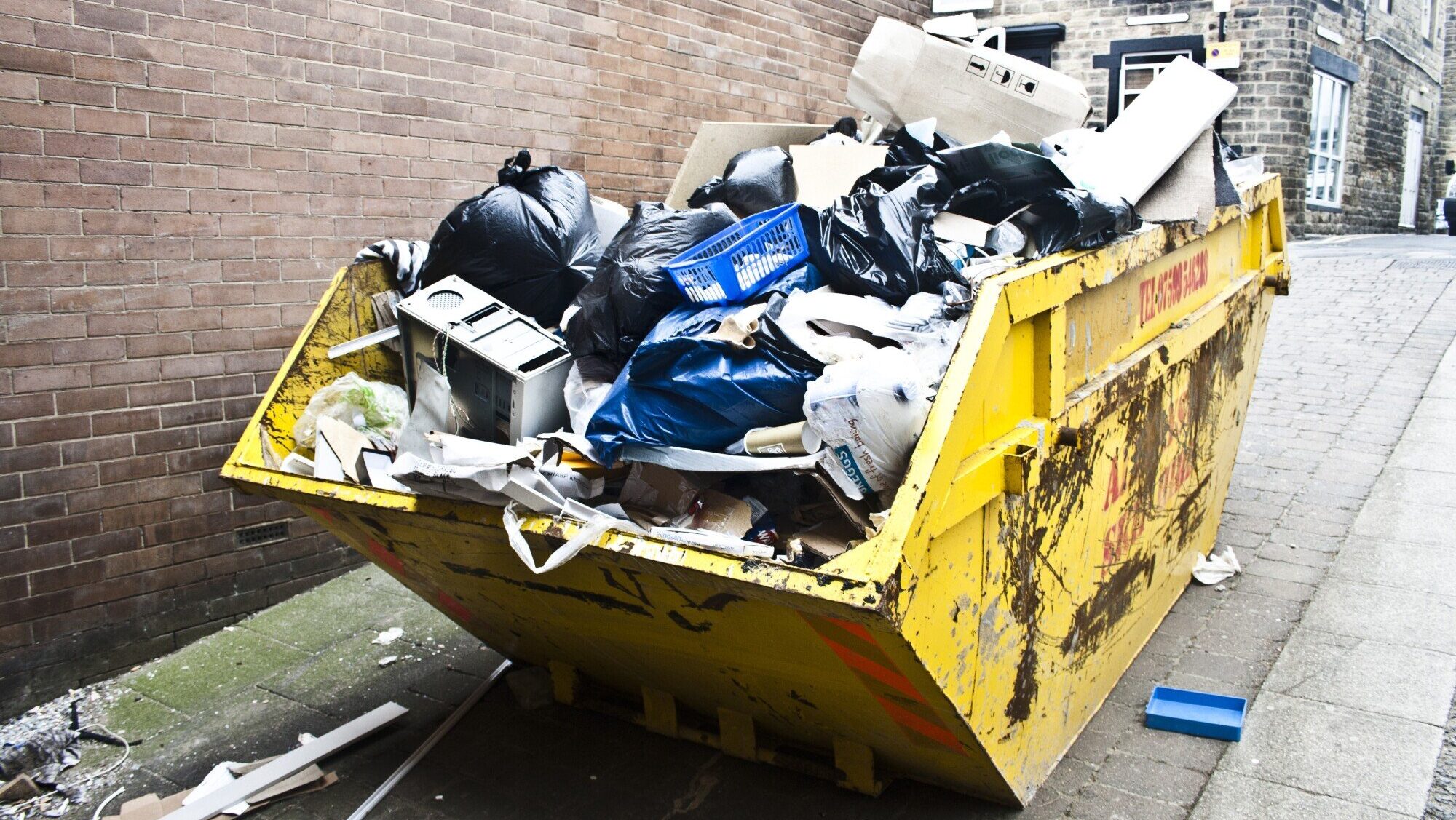Managing waste is a crucial component of keeping our communities clean and healthy. Many people don’t think about waste collection services until they notice the bins piling up. These services play an essential role in the sanitation of our neighborhoods, ensuring that waste is removed safely and efficiently.
By understanding how waste collection services work and what they include, you can better appreciate their importance and even participate in reducing your carbon footprint.
What Are Waste Collection Services?
Waste collection services provide the necessary infrastructure to collect and dispose of our waste. This includes household rubbish, recyclables, and hazardous materials.
They operate on a schedule, often weekly or bi-weekly, picking up waste from residential and commercial areas. These services can vary depending on your location, the size of your community, and local regulations.
In many cities, local government agencies handle waste collection. Some cities hire private companies for this service. Each service typically has guidelines about what can and cannot be disposed of, and it’s crucial that residents are aware of these rules to ensure effective waste management.
The Importance of Recycling
Alongside regular waste collection, recycling is a critical aspect of managing waste and reducing our carbon footprint. Recycling means processing materials like paper, plastic, and metal. This way, we can reuse them instead of throwing them in landfills.
Many communities have set recycling days. Residents can also drop off their recyclables at local facilities. It’s important to know what can be recycled.
Many plastic containers can be recycled, but they need to be clean and free of food residue. Joining recycling programs can reduce the need for new materials.
Understanding Waste Types
Not all waste is created equal. Waste collection services categorize waste into different groups, including general waste, recyclables, and organic waste. Understanding these categories can help you sort your waste correctly:
General Waste
This includes everyday items that cannot be reused or recycled, like broken furniture, diapers, or contaminated food waste.
Recyclables
Materials like paper, cardboard, glass, and most plastics can be processed again.
Organic Waste
Kitchen scraps, yard waste, and other biodegradable materials can be composted. Knowing what goes where not only keeps our environment clean but also requires less energy to process waste efficiently.
Participating in Waste Collection Services
Participating in waste collection services is straightforward but requires some effort from residents. One of the most significant things you can do is ensure your waste is sorted correctly.
Follow your local guidelines for disposing of hard rubbish, too. This hard rubbish removal often refers to bigger items that require special collection, scheduled a few times a year. This may include furniture or appliances that cannot fit into regular bins.
Reducing Your Carbon Footprint
Every small action towards effective waste management contributes to reducing your carbon footprint. Recycling, composting, and proper waste disposal help residents cut pollution and save resources.
You can also cut your carbon footprint by buying less. Try to reuse items whenever you can. Every bit counts, and collectively, individual actions can make a massive difference.
Take Action in Waste Management
Waste collection services are vital to keeping our communities clean and safe. Knowing how these services work is key. It helps to recognize their importance. By participating, we can create a healthier environment.
Engage in recycling, know the types of waste you generate, and support hard rubbish removal when needed. Every action you take stands to benefit the planet while reducing your carbon footprint.
Need more ideas? Check out our other helpful articles on our website.

